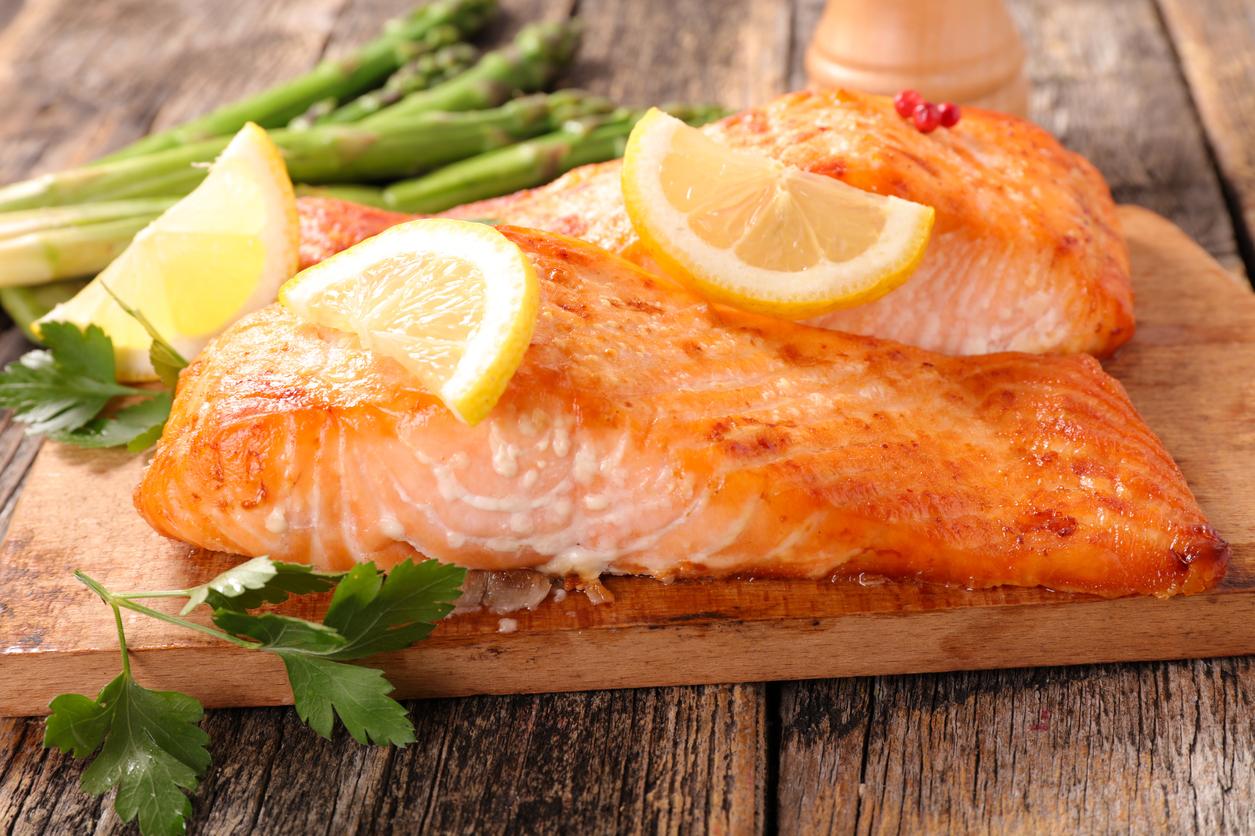What is the white stuff that comes out of cooked salmon?
It may look gross but it's actually harmless

Your support helps us to tell the story
From reproductive rights to climate change to Big Tech, The Independent is on the ground when the story is developing. Whether it's investigating the financials of Elon Musk's pro-Trump PAC or producing our latest documentary, 'The A Word', which shines a light on the American women fighting for reproductive rights, we know how important it is to parse out the facts from the messaging.
At such a critical moment in US history, we need reporters on the ground. Your donation allows us to keep sending journalists to speak to both sides of the story.
The Independent is trusted by Americans across the entire political spectrum. And unlike many other quality news outlets, we choose not to lock Americans out of our reporting and analysis with paywalls. We believe quality journalism should be available to everyone, paid for by those who can afford it.
Your support makes all the difference.We know that white stripes on raw chicken breasts are strips of fat.
And when you cook salmon, white gunk oozes out, so you’d be forgiven for thinking that was fat too.
But it’s not. It is in fact a highly unappealing substance called coagulated protein, or albumin.
A lot of people think the white substance is fat and so try and wipe it away, but it’s actually completely safe.
As the fish cooks, albumin is pushed out of the muscle fibres before coagulating at the surface.
It’ll happen regardless of the cooking method you use too: “There’s nothing harmful in it,” says Donald Kramer, professor of seafood science at the University of Alaska, Fairbanks.
“There will always be a certain amount that comes out, and how the fish is cooked is probably not going to affect that.”
However some people recommend glazing the salmon, brining it or cooking it at a lower temperature to try and reduce the amount of albumin that is produced.
After all, it doesn’t exactly look very appealing.
According to America’s Test Kitchen, brining fish for just ten minutes - they recommend a solution of one tablespoon of salt per cup of water - can reduce the amount of albumin that appears on the surface of the salmon during cooking:
“The salt partially dissolves the muscle fibres near the surface of the flesh, so that when cooked they congeal without contracting and squeezing out albumin.
“We tested the method on white fish (including cod and haddock) as well as on fattier salmon and saw a dramatic improvement in both.
“The brief soak also seasoned the fish’s exterior, making it unnecessary to salt it before cooking.”
Win-win.
Join our commenting forum
Join thought-provoking conversations, follow other Independent readers and see their replies
Comments